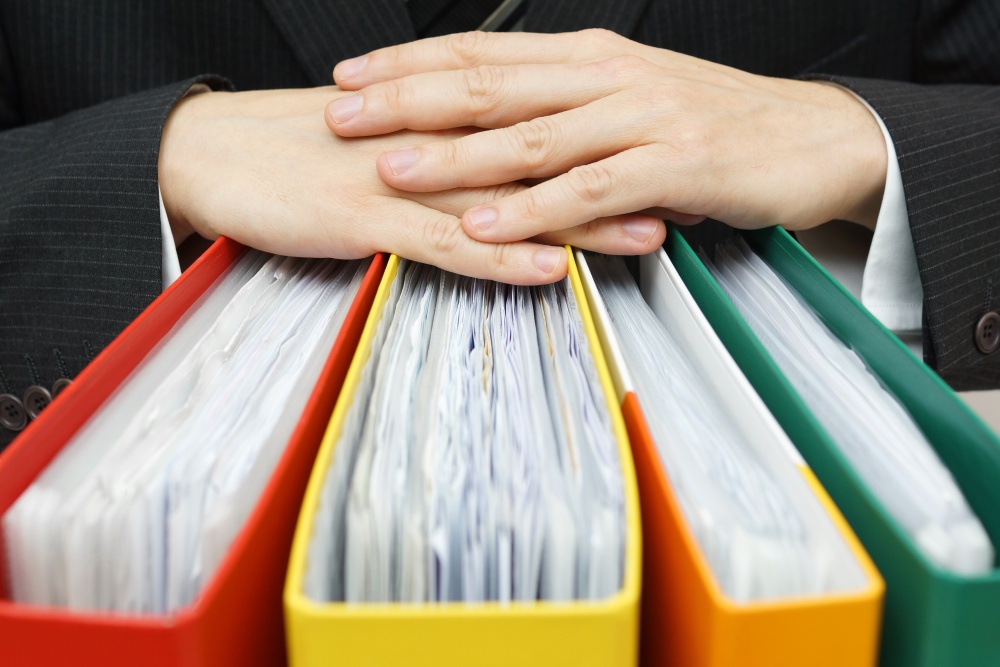As a small business owner, you might find yourself wondering whether you need a bookkeeper, an accountant, or perhaps both. The roles of bookkeepers can sometimes seem a bit mysterious, but they are crucial to the smooth operation of any business. Bookkeepers are responsible for the organisation, recording, and reporting of financial transactions within a small business. Their work ensures that your financial data is accurate and up-to-date, which is essential for making informed business decisions. A well-run business is likely to benefit from the expertise of both accountants and bookkeepers, as each plays a distinct yet complementary role.
To put it simply, a bookkeeper lays the groundwork for the accountant to engage with your business on a strategic level. This involves a variety of tasks, such as keeping track of daily transactions, sending and managing invoices, handling the accounts payable ledger, monitoring cash flow, and preparing the books for the accountant. By maintaining accurate records, bookkeepers enable accountants to focus on analysing financial data and providing strategic advice that can help your business grow and succeed.
When you’re in the process of hiring a bookkeeper, it’s important to inquire about their areas of specialisation. Some bookkeepers may offer additional services, such as training your staff to use online accounting or point-of-sale (POS) systems effectively. They might also provide valuable advice on optimising your business processes, which can lead to increased efficiency and profitability.
The following article will delve deeper into the key responsibilities of a bookkeeper and how they collaborate with accountants to support your business. By understanding the distinct roles and contributions of both bookkeepers and accountants, you can make informed decisions about the financial management of your business, ensuring that you have the right team in place to help you achieve your goals. Read more here.

